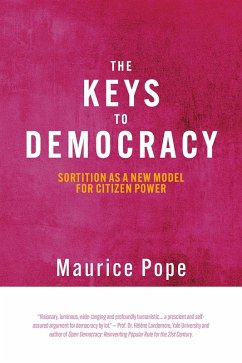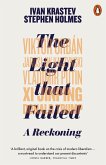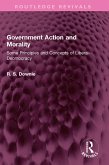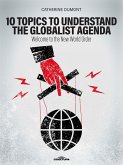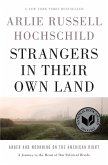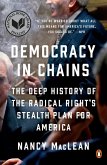Sortition - also known as random selection - puts ordinary people in control of decision-making in government. This may seem novel, but it is how the original Athenian democracy worked. In fact, what is new is our belief that electoral systems are democratic. It was self-evident to thinkers from Aristotle to the Renaissance that elections always resulted in oligarchies, or rule by elites.In this distillation of a lifetime's thinking about the history and principles of democracy, Maurice Pope presents a new model of governance that replaces elected politicians with assemblies selected by lot. The re-introduction of sortition, he believes, offers a way out of gridlock, apathy, alienation and polarisation by giving citizens back their voice.Pope's work - published posthumously - grew from his unique perspective as a widely travelled English classicist who also experienced the injustice of apartheid rule in South Africa. His great mind was as much at home with the history of philosophy as the mathematics of probability.Governments and even the EU have tried out sortition in recent years; the UK, France and several countries have attempted to tackle climate change through randomly selected citizens' assemblies. The city of Paris and the German-speaking community of Belgium have set up permanent upper houses chosen by lot. Several hundred such experiments around the world are challenging the assumption that elections are the only or ideal route to credible, effective government.Writing before these mostly advisory bodies took shape, Pope lays out a vision for a government entirely based on random selection and citizen deliberation. In arguing for this more radical goal, he draws on the glories of ancient Athens, centuries of use in Venice, the success of randomly selected juries and the philosophical advantages of randomness. Sortition-based democracy, he believed, is the only plausible way to achieve each element of Abraham Lincoln's call for a democratic government "e;of the people, by the people, for the people"e;.
Dieser Download kann aus rechtlichen Gründen nur mit Rechnungsadresse in A, B, BG, CY, CZ, D, DK, EW, E, FIN, F, GR, HR, H, IRL, I, LT, L, LR, M, NL, PL, P, R, S, SLO, SK ausgeliefert werden.

